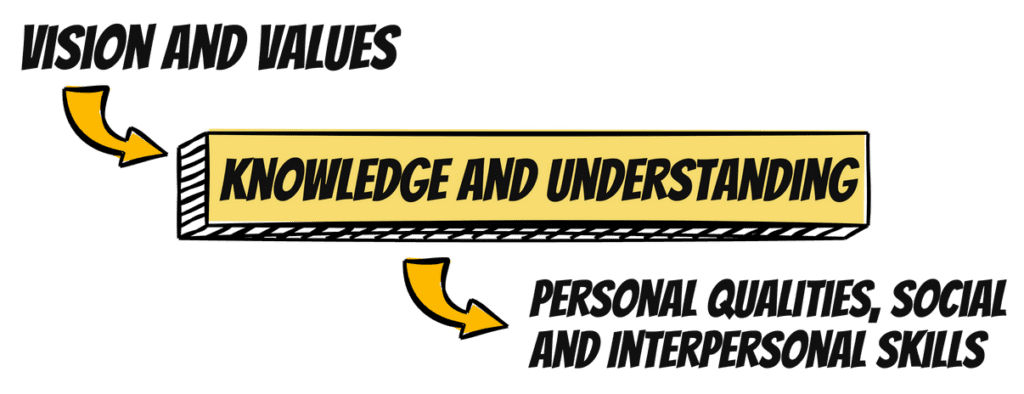A deep understanding of contemporary leadership and a comprehensive grasp of educational theory and practice are fundamental to effective school leadership. As a Principal, you are expected to possess profound knowledge and insight, driving school improvement and fostering student success. This article delves into the Leadership Requirement of Knowledge and Understanding and its crucial role in shaping visionary school leadership.

What does it encompass?
Principals hold the key to advancing school improvement through their firm grasp of contemporary leadership practices and educational insights. The second Leadership Requirement revolves around their proficiency in navigating the complexities of pedagogy, curriculum, assessment, reporting, student well-being, policies, and legislation.
This requirement extends beyond the classroom walls. Principals must stay informed about the latest research and developments in education, ensuring they remain up-to-date with evolving pedagogical methods and student needs. This encompasses knowledge of national policies, educational initiatives, and legislation related to areas such as child safety, health and well-being, human resource management, and financial accountability.

How does it empower?
- Research-Driven Decision-Making: Principals leverage their knowledge of teaching, learning, and child development research to tailor strategies that meet the unique needs of their students. This includes effectively managing performance in the school and implementing improvement strategies.
- Policy-Savvy Leadership: Well-versed in education policy, principals align their leadership with current trends and developments in education. They leverage this knowledge to enhance educational opportunities for their students and engage in collaborative efforts with school boards and governing bodies.
- Strategic Leadership and Operational Management: Principals effectively blend leadership and management concepts in their operational management, promoting the strategic goals of the school while ensuring day-to-day efficiency.
What evidence can be showcased?
To showcase their proficiency in the Knowledge and Understanding Leadership Requirement, principals can gather the following evidence:
- Professional Development Records: Present records of your engagement in professional development activities, workshops, conferences, and courses that highlight your commitment to staying informed about contemporary leadership practices.
- Research Application: Provide examples of how you have applied research findings into teaching, learning, and child development to shape your school’s strategies and policies.
- Alignment with Policies and Legislation: Showcase evidence of how your school’s practices and initiatives align with relevant national and state policies, legislation, and agreements.
- Strategic Planning Documents: Present strategic plans and initiatives that demonstrate your application of educational trends and developments to improve educational opportunities in your school.
- Collaborative Efforts: Document instances of collaboration with school boards, governing bodies, and other stakeholders to achieve educational improvement goals.
By integrating knowledge and understanding with other Leadership Requirements and Professional Practices, principals enhance their ability to drive transformative school improvement. Through their expert leadership, principals pave the way for a future-focused educational journey that benefits students, staff, and the broader society.



